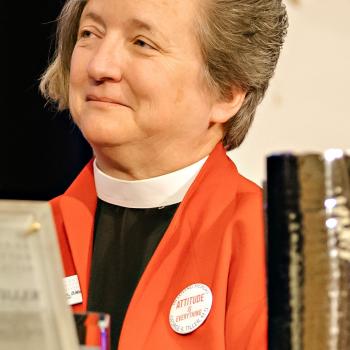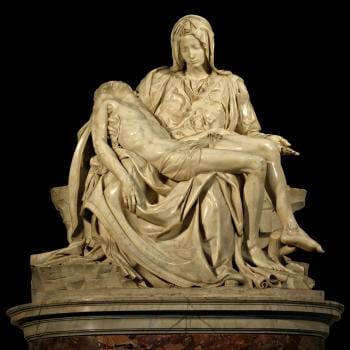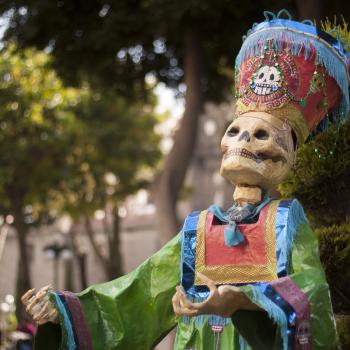John Zmirak writes forcefully here about the question of religious liberty and the Catholic faith. Does the Catholic Church support religious freedom or is it true that “error has no rights”? Are we to be tolerant or shall we bring back the Inquisition?
As religious freedoms are under increasing threat worldwide and persecution of Christians is on the rise why are some Catholics becoming more militant against moral evils, heresy and other religions? John talks about the cancer of inquisition, suppression of the people in the name of religion and tyranny–too often of which Catholics sympathized and collaborated…
In the 20th century, the paternalist tumor metastasized. It grew into full-blown totalitarianism, as leaders like Hitler and Stalin (who scoffed at Enlightenment liberties) engineered genocides, ruthless wars of conquest, and the violent persecution of various believers. The clash of opposing paternalisms in World War II culminated in communist dictatorships controlling half the countries on earth. It took all these monstrous evils for the Church to get over the French Revolution and really assimilate the moral truth that liberty, especially religious liberty, is a non-negotiable demand for any decent politics. Those of us who consider ourselves “Tea Party Catholics” take this insight further, noting that without economic and political liberty, religious liberty is moot. If the government can close your business or censor your speech, or tax away so much of your income that you can’t spend money or time building up civil society, you are hardly free in any meaningful sense. You are, as Bastiat warned, a potted plant awaiting the state and its pruning shears. You are topiary. You are toast.
Our liberties are interdependent. If you want American individual freedoms, then we must guarantee them for those with whom we disagree. Some strict Catholics see the disintegration of American society into decadence and anarchy and long for a state where goodness can be imposed more forcefully. They see American liberties as no more than Americans taking liberties. Zmirak says,
Of course, it is possible for liberty to degenerate into license. Catholics advocates of liberty are fully aware that the Enlightenment concept of freedom is partial and incomplete, which is precisely why men like John Courtney Murray, Michael Novak, Robert George, and others have tried to supplement and perfect it. The “pursuit of happiness” of which Thomas Jefferson spoke could be read as empty hedonism, the utilitarian quest for the greatest number of happy moments for the greatest number of people.
American freedoms are the result of the Enlightenment, and while there were plenty of ungodly elements to the Enlightenment, there were also some human advances that Catholics need to affirm.
It is one thing to say that John Locke and Thomas Jefferson had flawed views of human flourishing. It is quite another for Catholics — given our long, unhappy heritage of paternalism and intolerance — to reject the Enlightenment wholesale; to pretend that religious, political, and economic freedom are the natural state of man, which we can take for granted like the sea, the sun, and the sky. These freedoms are the hard-won fruit of centuries of struggle, and many of our ancestors were fighting on the wrong side. If we expect to preserve our own tenuous freedom in an increasingly intolerant secular society, we must make it absolutely clear to our non-Catholic neighbors that we treasure their freedom too.
John Zmirak concludes by reminding us that religious intolerance and persecution is on the increase. Should we appear to be intolerant and in favor of some sort of Catholic inquisition we will be first for the firing squad. Is that really the sacrifice we are expected to make? Such people are not martyrs. They are fools. Real martyrs are fired on because they are on fire for Christ. They are stoned because they shine with the light of love.
An excellent and prescient article. Read the whole thing here at Aleteia.











